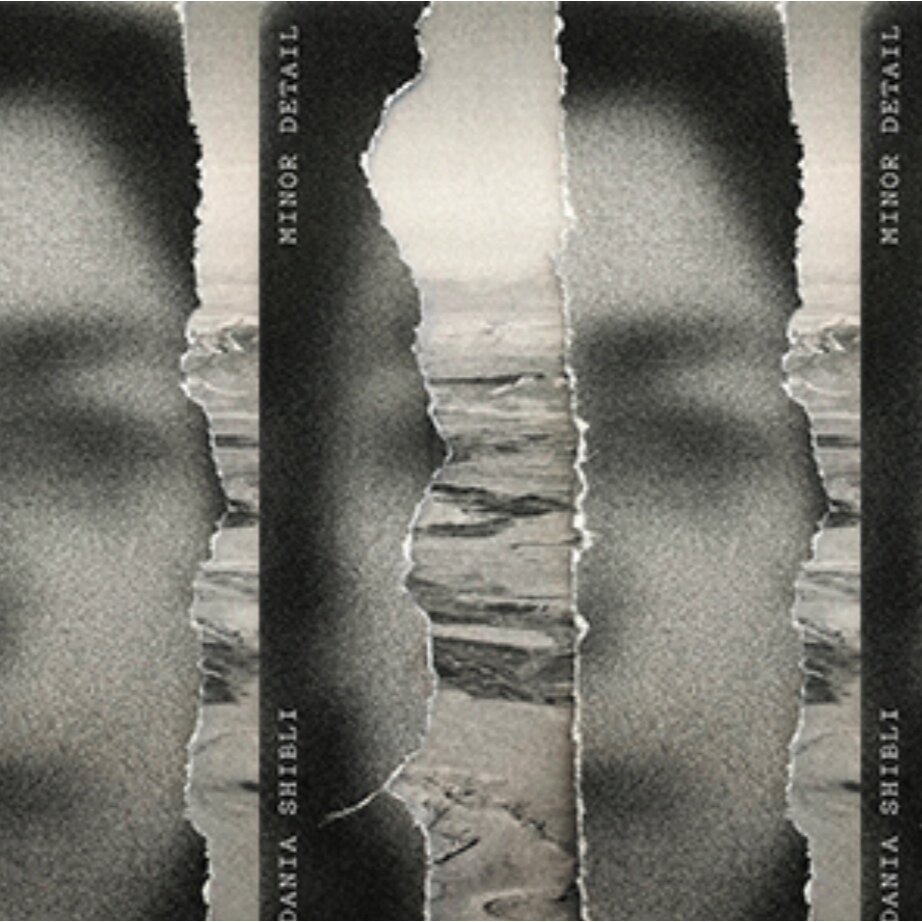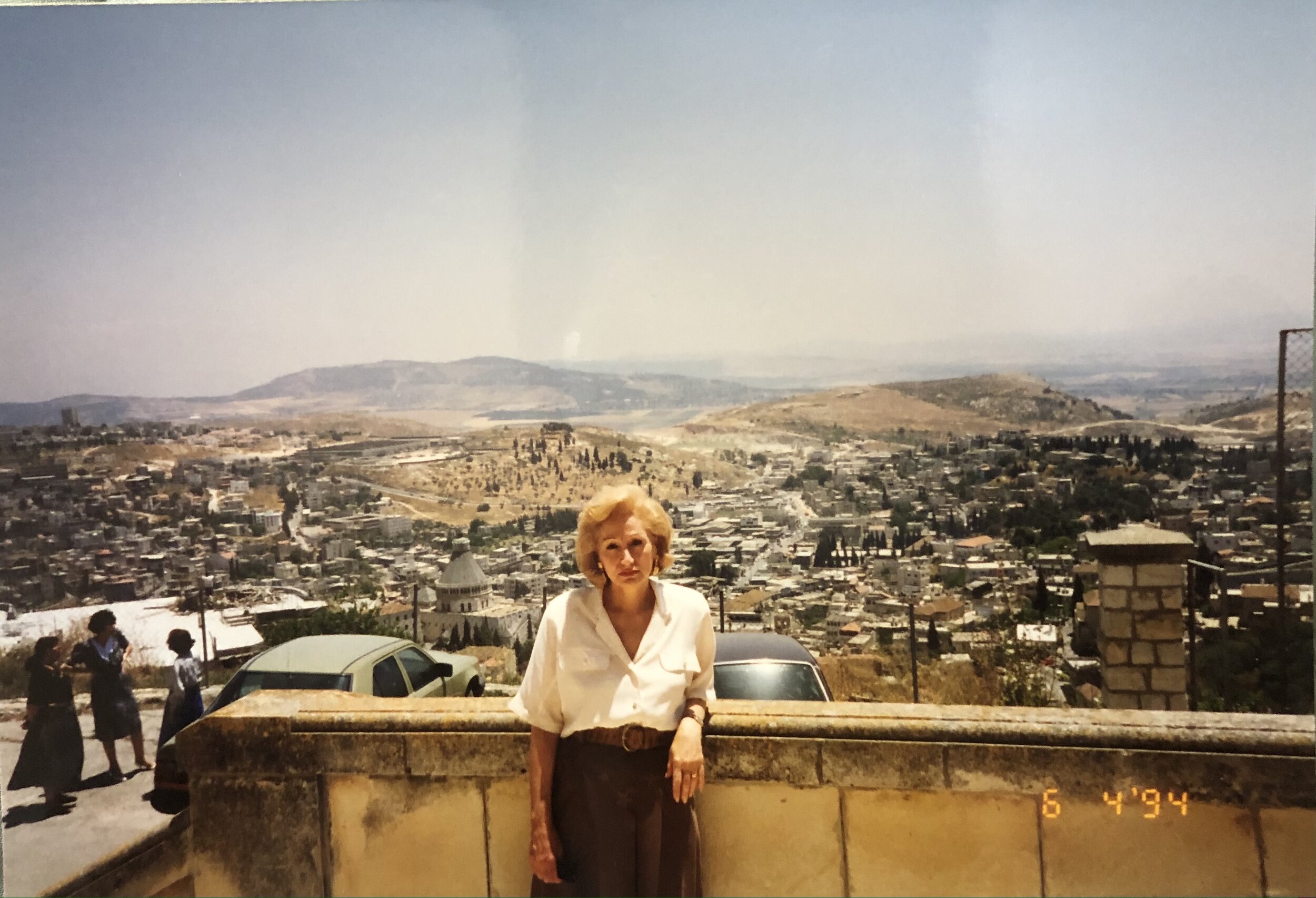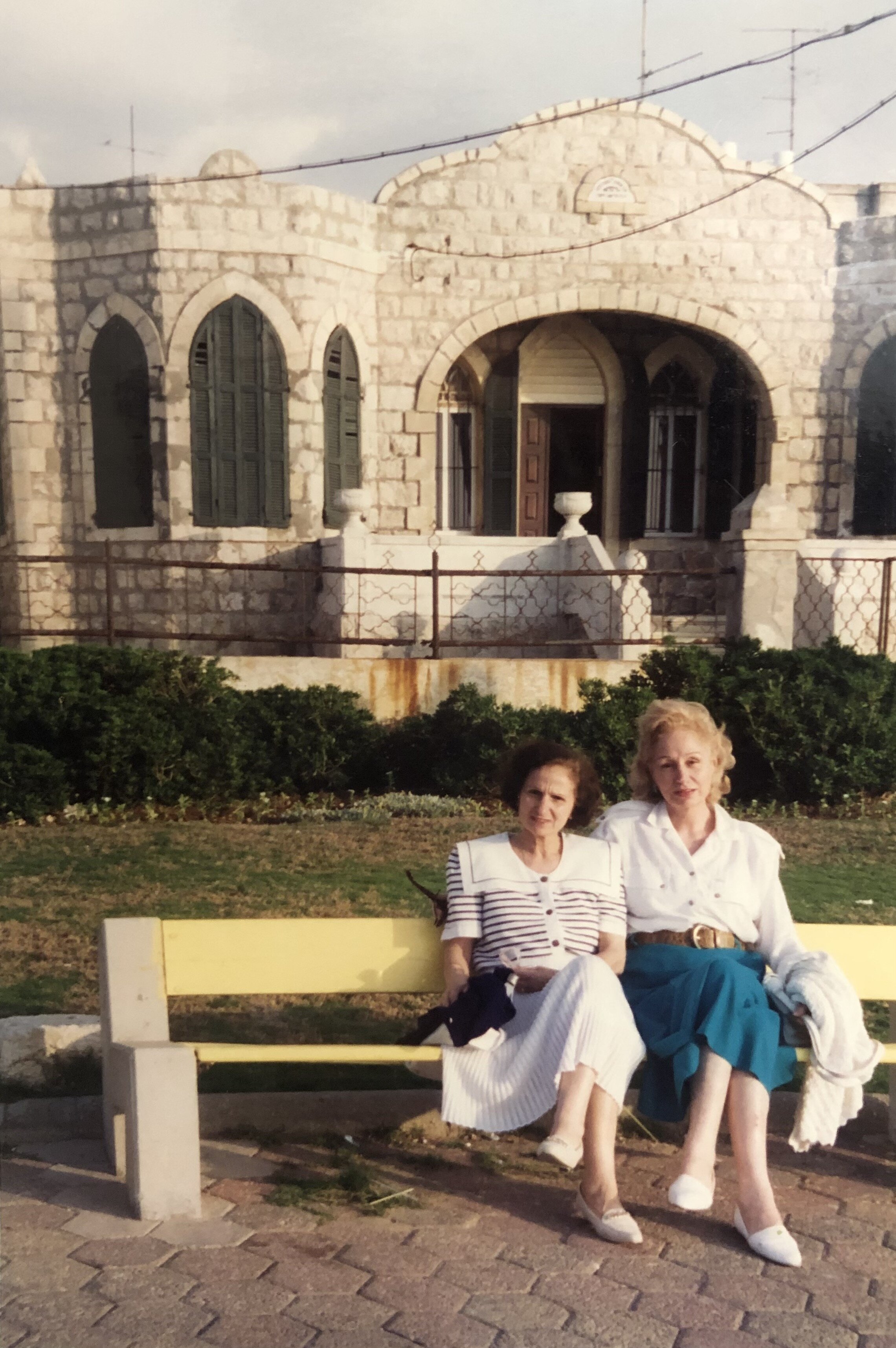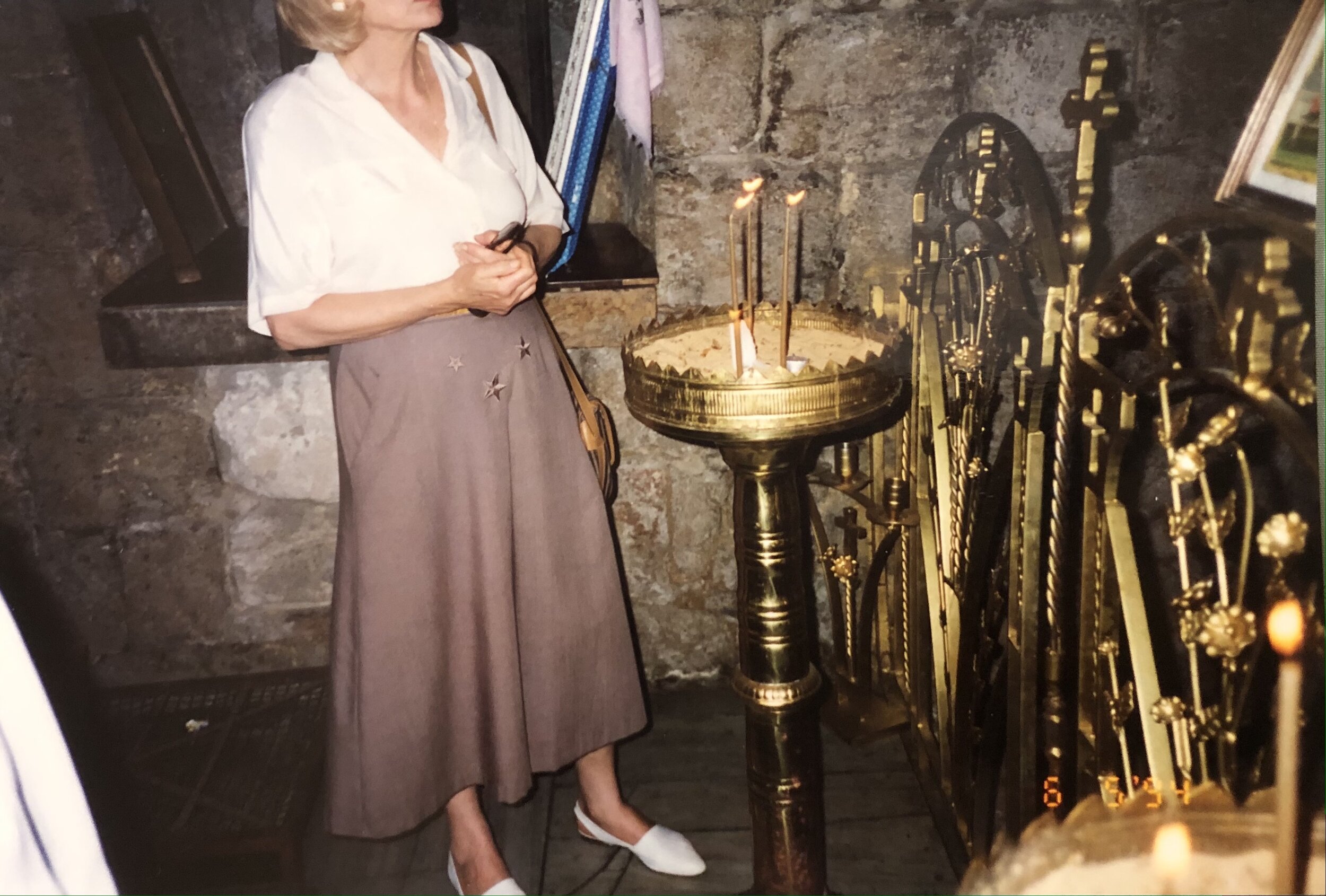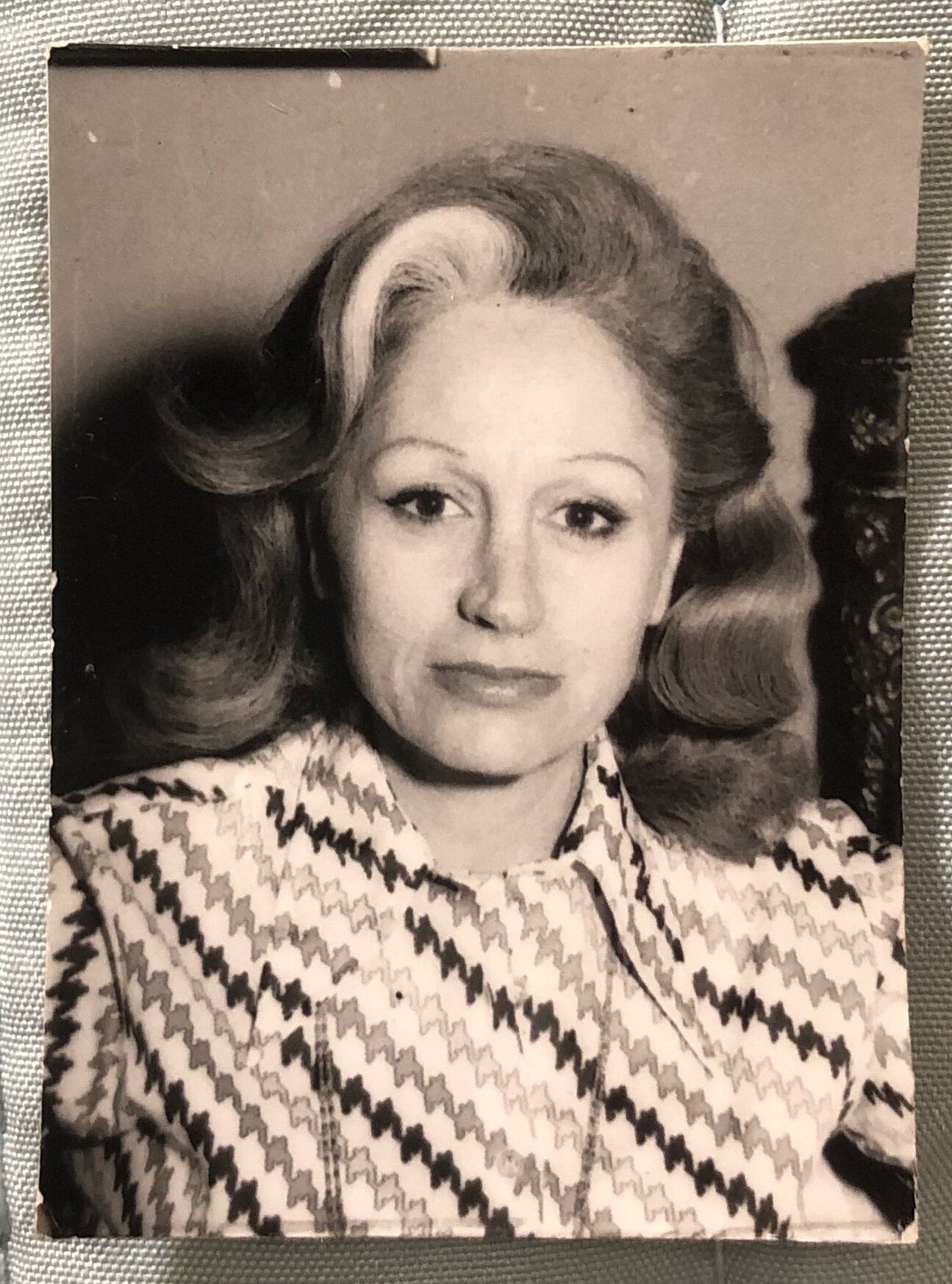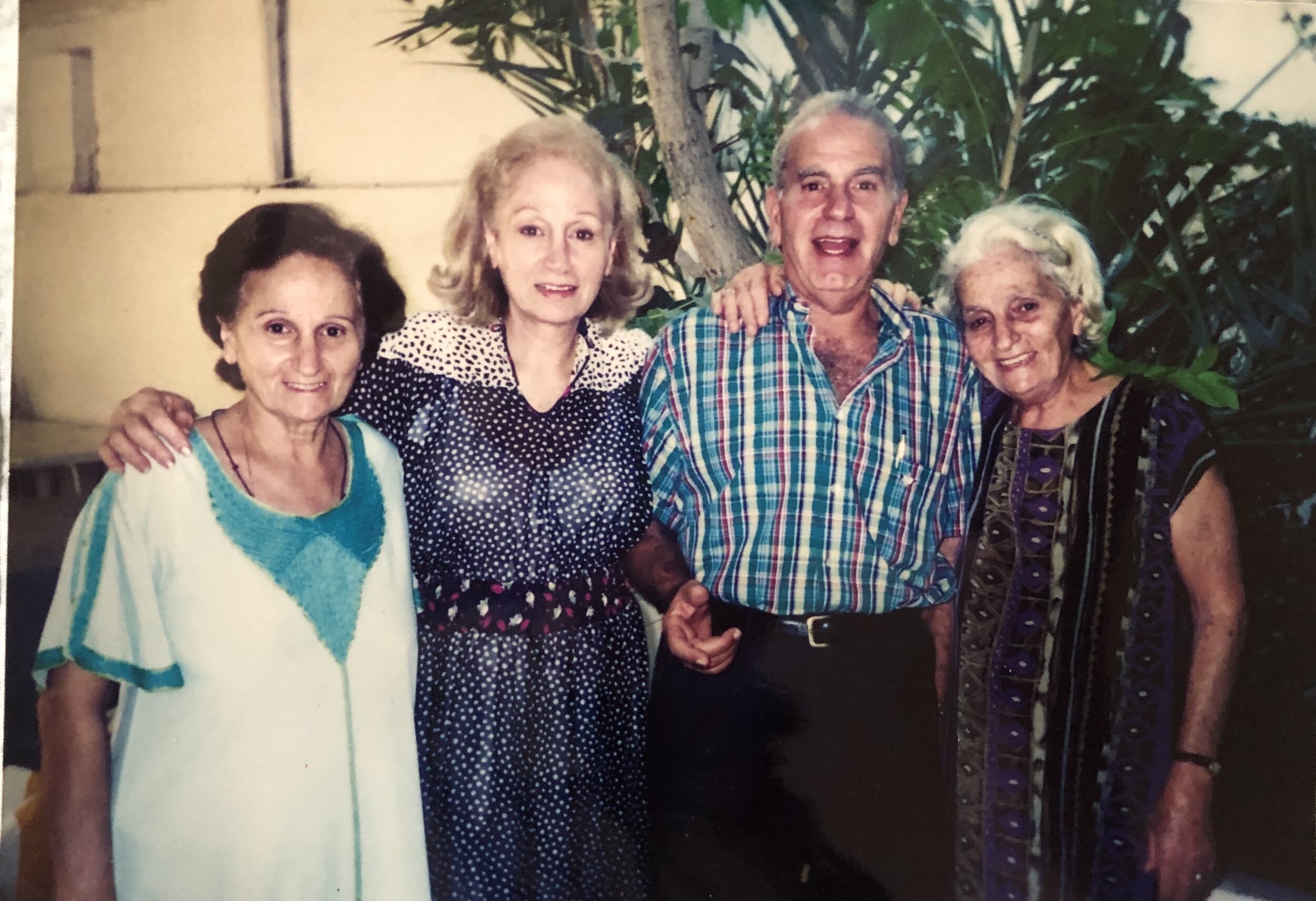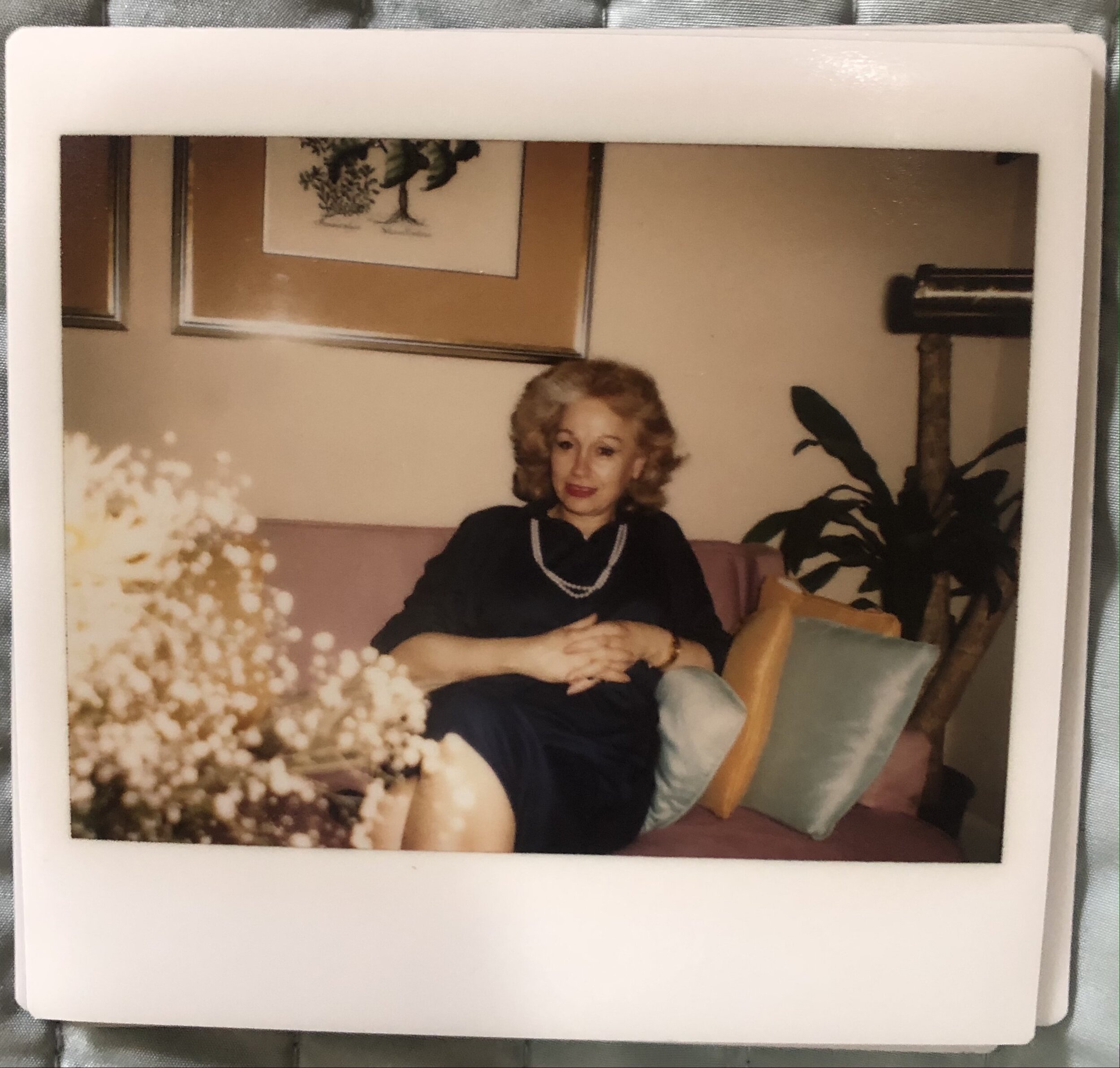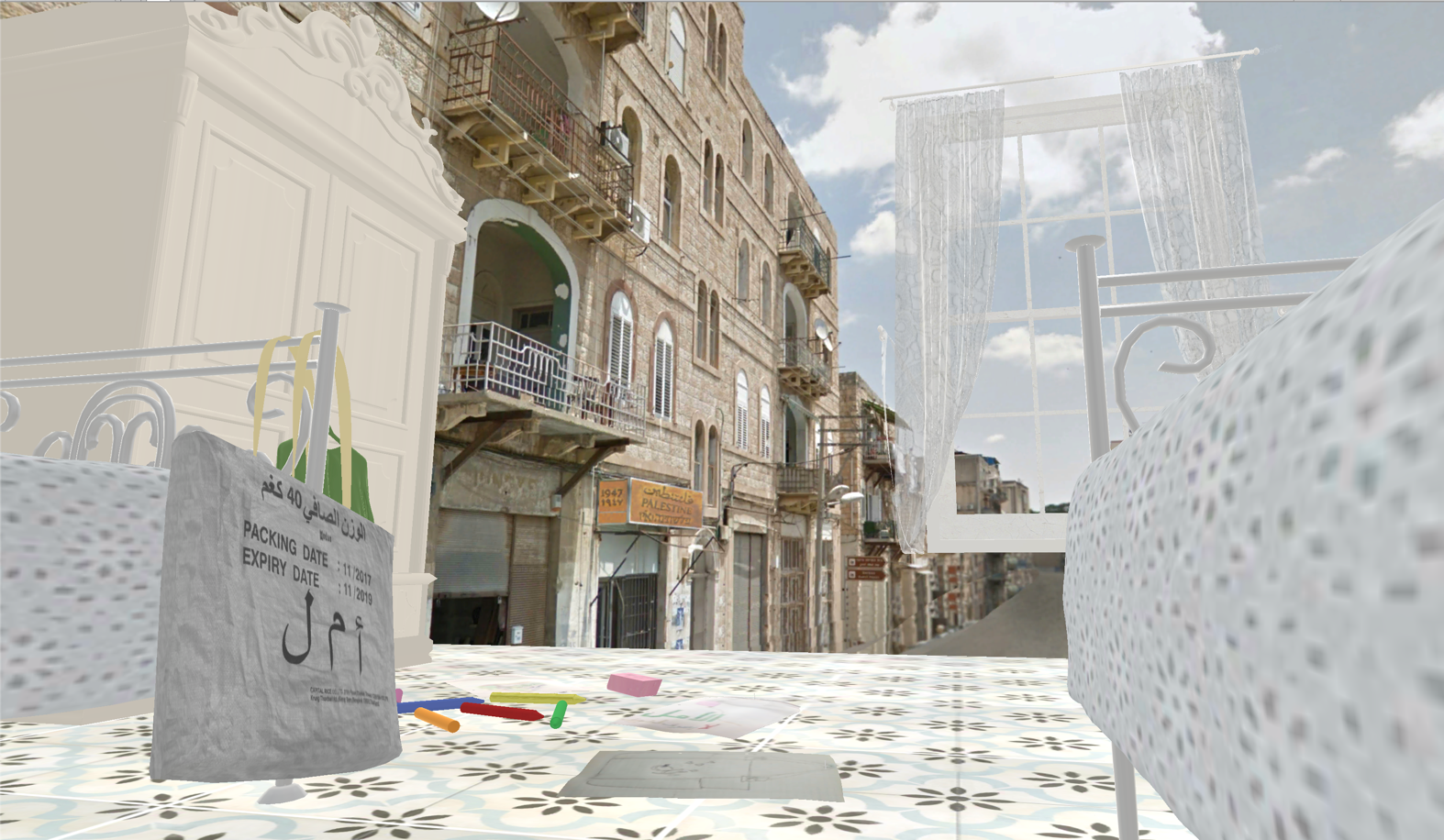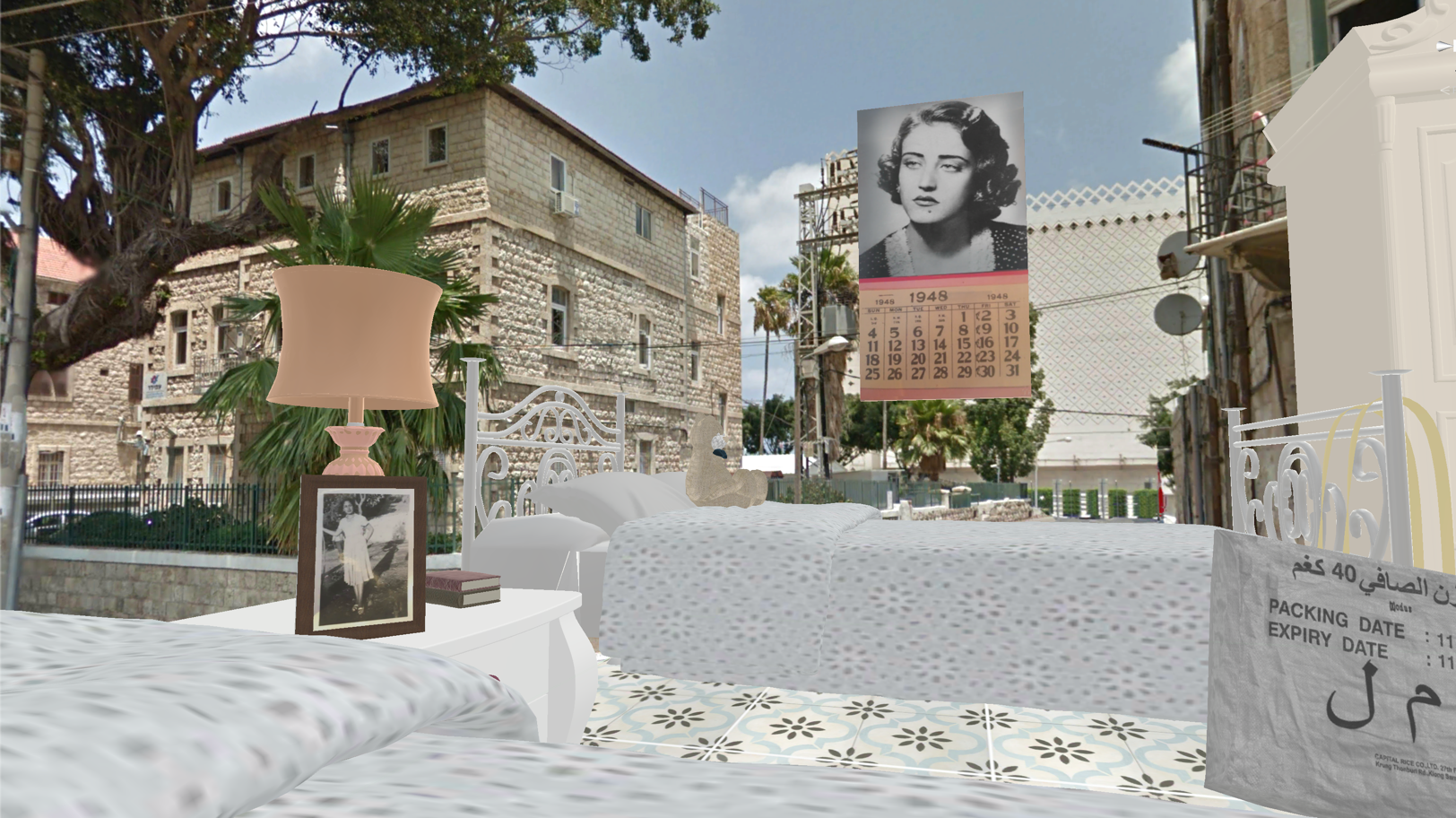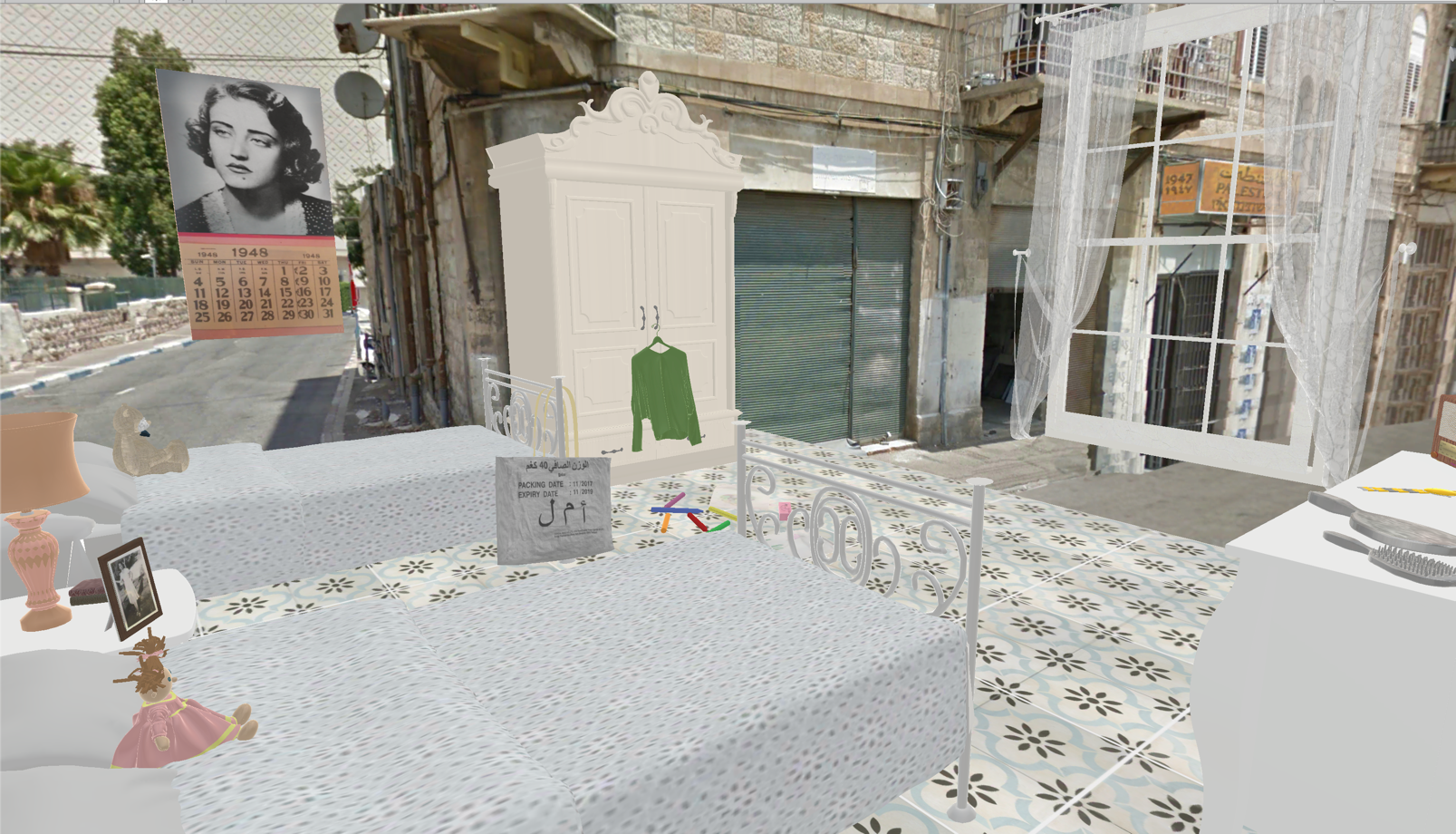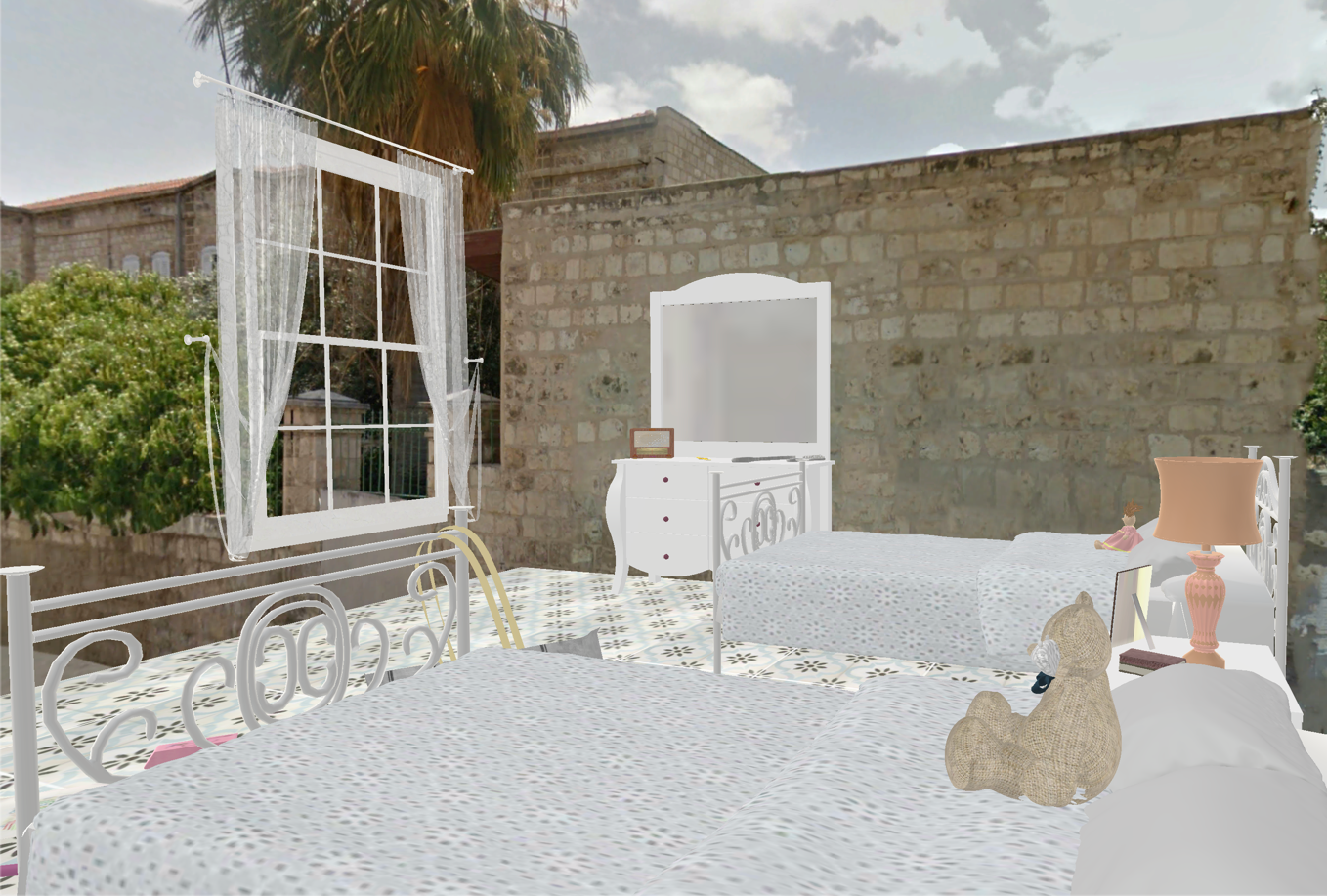
Said in Exile: A talk by Timothy Brennan on his recent book Places of Mind: A Life of Edward Said
Drawing on extensive archival sources and hundreds of interviews, Timothy Brennan's Places of Mind is the first comprehensive biography of Said, one of the most controversial and celebrated intellectuals of the 20th century. In Brennan's masterful work, Said, the pioneer of post-colonial studies, a tireless champion for his native Palestine, and an erudite literary critic, emerges as a self-doubting, tender, and eloquent advocate of literature's dramatic effects on politics and civic life.
Professor Timothy Brennan will explore some of the paradoxes of the biography's reception, focusing on two ideas: Said as an Arab, not only American, intellectual; and how his study of literary and cultural theory made his very public and political successes possible.
Timothy Brennan teaches humanities at the University of Minnesota and is a member of both the departments of Cultural Studies and Comparative Literature, and English. He is a member of the graduate faculty of American Studies and is also affiliated with the Institute for Global Studies and the Institute for Advanced Studies. Timothy’s essays on literature, cultural politics, intellectuals, and imperial culture have appeared in numerous publications, including The Nation, the Times Literary Supplement, New Left Review, Critical Inquiry, and the London Review of Books. He is the author of Borrowed Light, Vol I: Vico, Hegel and the Colonies and Places of Mind: A Life of Edward Said.
This event is organized by Columbia Global Center in Amman and cosponsored by the Society of Fellows and Heyman Center for the Humanities and the Center for Palestine Studies at Columbia University.





